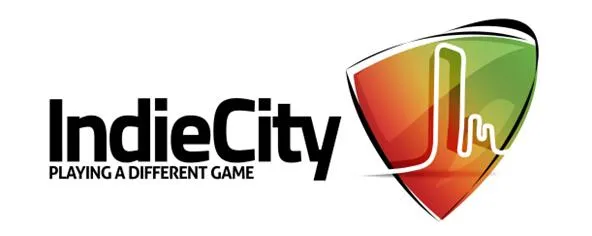It's a hell of a lot easier to make money selling an indie game now than it was four years ago. But it's still a rough game.
Blitz Game Studios is a large UK developer producing everything from casual iOS games to Dead to Rights: Retribution. In 2008, they started a division called 1UP (no relation to the US version) offering publishing and consulting services to indie game developers in need of distribution and advice. Over the last three years, they've worked on more than 160 games.

Unfortunately for them, the bottom is falling out of casual game prices. Competition from one-buck iOS games has largely ended the days when companies like PopCap could charge $20 for their work (uh-oh, EA). Today, casual developers are lucky to get $5. In order to pay back all of the people involved in making a game with a publisher, a massive amount of $1—even $5 units—need to sell. Even for an indie game made by a substantive team. Citing all of this, a 1UP producer has told Develop Magazine that Blitz is starting the process of closing the division.
Given the veracity of all that the 1UP producer said in that interview, it's surprising that Blitz isn't done trying to facilitate indie game development for fun and profit. Elsewhere in this surprisingly large (no less than six divisions) company, a project called IndieCity is in the works. According to The Indie Game Magazine, IndieCity will strictly be an indie game portal that functions sort of like Steam, but with some tweaks to cater to the needs of the indie market.

Developers can put their games on IndieCity for any price (including free), and the site will offer them an extremely friendly 85% of the total revenues, 75% if they don't use the IndieCity wrapper. For gamers, if they're playing on of the ones with the IndieCity wrapper, they'll have leaderboards and achievements like those on Steam or XBLA. The profit sharing aspect between site and developer is subsidized by having users download games peer-to-peer, rather than through a central server, which reduces costs.
Unlike XBLIG and similar indie game portals, each users' front page will feature recommendations based on their taste in games, not what's popular on the site at large. The goal here is to stop developers from dropping their prices to try and get on the front page, driving prices so low that no developer can sustain itself. Perhaps the most interesting announced featured is a part of the site called IndieCity Underground, where developers can release their games in any stage of completion for critique, advice, and maybe even a little cash.
IndieCity has a lot better chance of success than 1UP did for a few reasons. Firstly, indie games need a new home for distribution. Big Fish and the other casual portals are limiting as far as business models and types of games; indie games have outgrown them. The community aspects sound promising as well. Any site that wants to accrue long-term supports needs robust and original-sounding stuff like IndieCity Underground that will make people want to come to the site and talk, in addition to just downloading games. Hopefully, IndieCity will combine all that into a good new place for indie developers to peddle their wares and interact with each other.
It all sounds good in theory, but the potential for them to either fail or become evil corporate overlords is ever-present. Good luck.






Comments
Be the first, drop a comment!